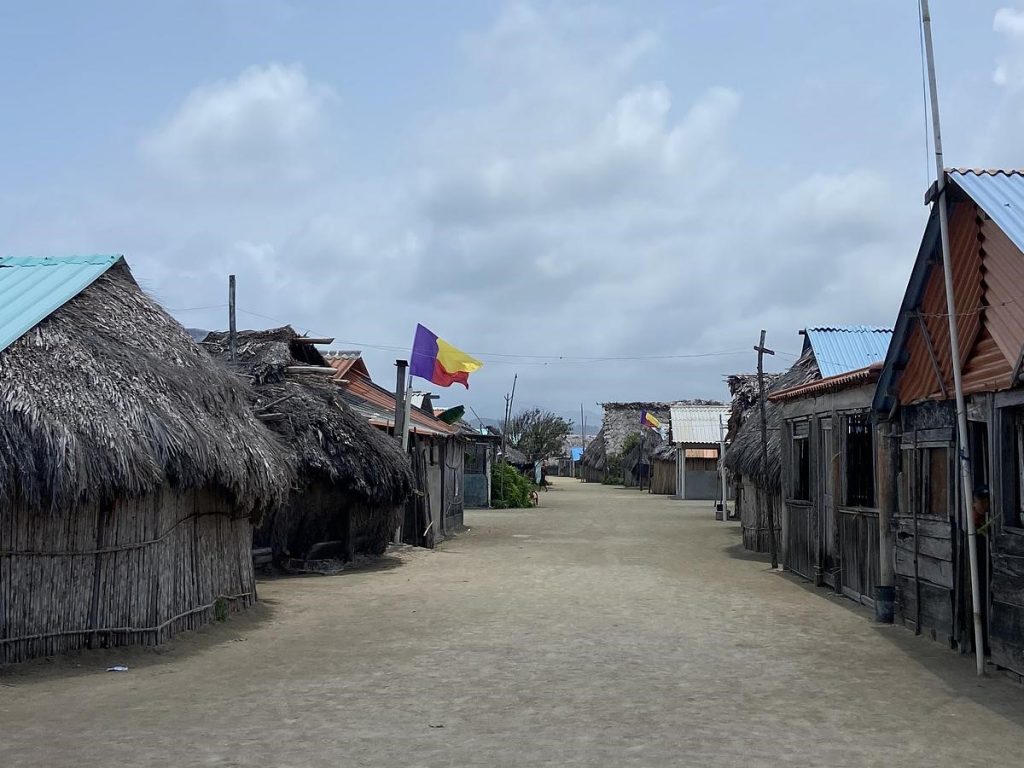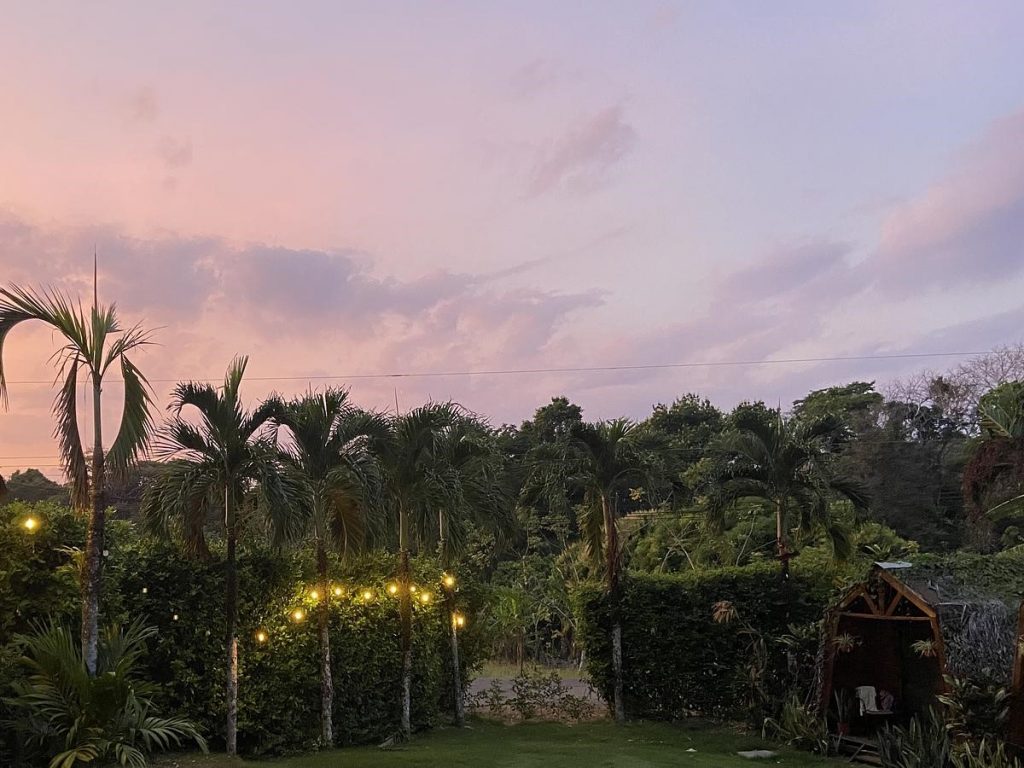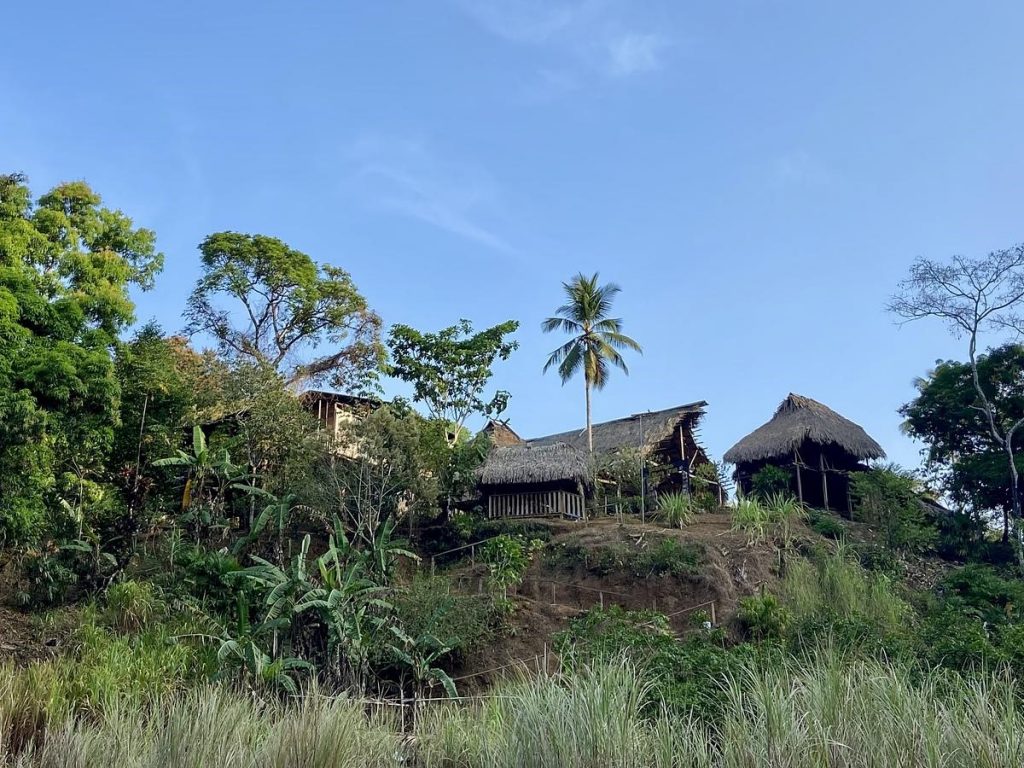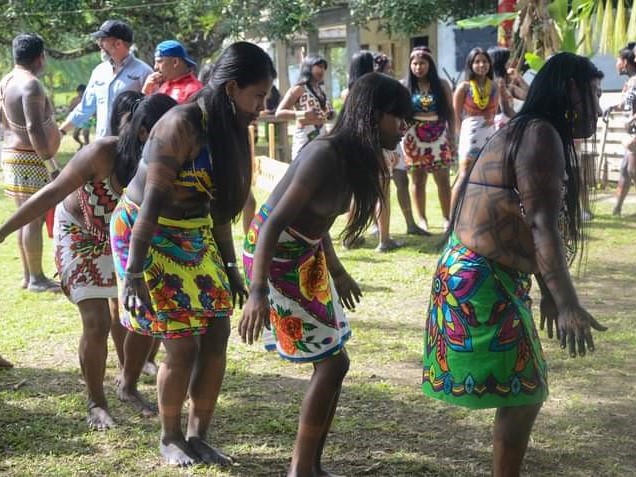Exploration in solidarity lands
(2024)




Panama is a country of great cultural and natural wealth, with a huge proportion of natural parks. However, this wealth is threatened by the overuse of natural resources, pollution and climate change. Sustainable tourism, which takes into account the environmental, economic and social impacts of tourism, helps preserve biodiversity and local cultures while generating income for local communities. It also enables environmental conservation, a lower carbon footprint than traditional tourism, and the promotion of eco-responsible practices. In addition, sustainable tourism encourages the participation and empowerment of local communities in the management of their resources, offering them employment and training opportunities in the tourism sector.
As part of this project, particular attention will be paid to indigenous community tourism. Indigenous communities are often located in protected natural areas that are particularly vulnerable to environmental degradation. Sustainable indigenous tourism represents an opportunity for communities to enhance their culture while preserving their environment and natural treasures. In addition, it offers an important economic opportunity for rural communities to develop a complementary activity to their traditional ones. This translates into the creation of small businesses that support economic growth and generate additional income to their main activity, which is often agriculture. Visitors can buy local produce, eat locally prepared food and take part in guided activities, helping to stimulate the economy and preserve local culture and traditions.
Finally, indigenous tourism helps to build the capacity of the local communities involved. Residents play an active role in promoting tourism in their communities, encouraging development, cooperation, communication and collaboration between community members. This can help strengthen social ties and improve the quality of life of local residents, as well as reinvigorating the pride communities have in their culture.
Indeed, the tourism industry plays a crucial role in economic growth, business development and job creation, particularly for women, young people and local communities. Before the advent of the COVID-19 crisis, this sector accounted for one in ten jobs worldwide, and contributed around 10% of global GDP. It was characterized by strong female and youth participation, with over 50% of workers being women in 2019, and the majority being under 35. However, the pandemic hit the tourism sector hard, with unprecedented consequences for micro, small and medium-sized enterprises (MSMEs) in particular. Beyond the economic repercussions, this crisis is also a human tragedy, disproportionately affecting women, young people, indigenous peoples and local communities. (International Labour Organization, 2022).
However, despite the crisis caused by Covid-19, it is essential that we do not divert our attention from the continuing climate crisis, which remains largely unchecked. As we are in the midst of a tourism recovery, it is imperative that this recovery is people-centered, inclusive, sustainable and resilient. In fact, sustainable tourism can play a crucial role in combating the overexploitation of natural resources in tourist destinations, while ensuring the sustainability of economic activities within local and surrounding communities. (International Labour Organization, 2022).
In this context, Village Monde is offering a 4-week commitment to support various rural communities in Panama, with a particular focus on people from indigenous communities, women and young people involved in the sustainable tourism sector.


Subscribe to the travel newsletter from our collaborative booking platform Vaolo to find out what’s new, follow our explorers and receive tips for more conscious travel.
The use of the masculine gender has been adopted for ease of reading and has no discriminatory intent.
© 2025 All rights reserved. Village Monde.
By continuing to use the site, you agree to our privacy and cookie policy
I accept